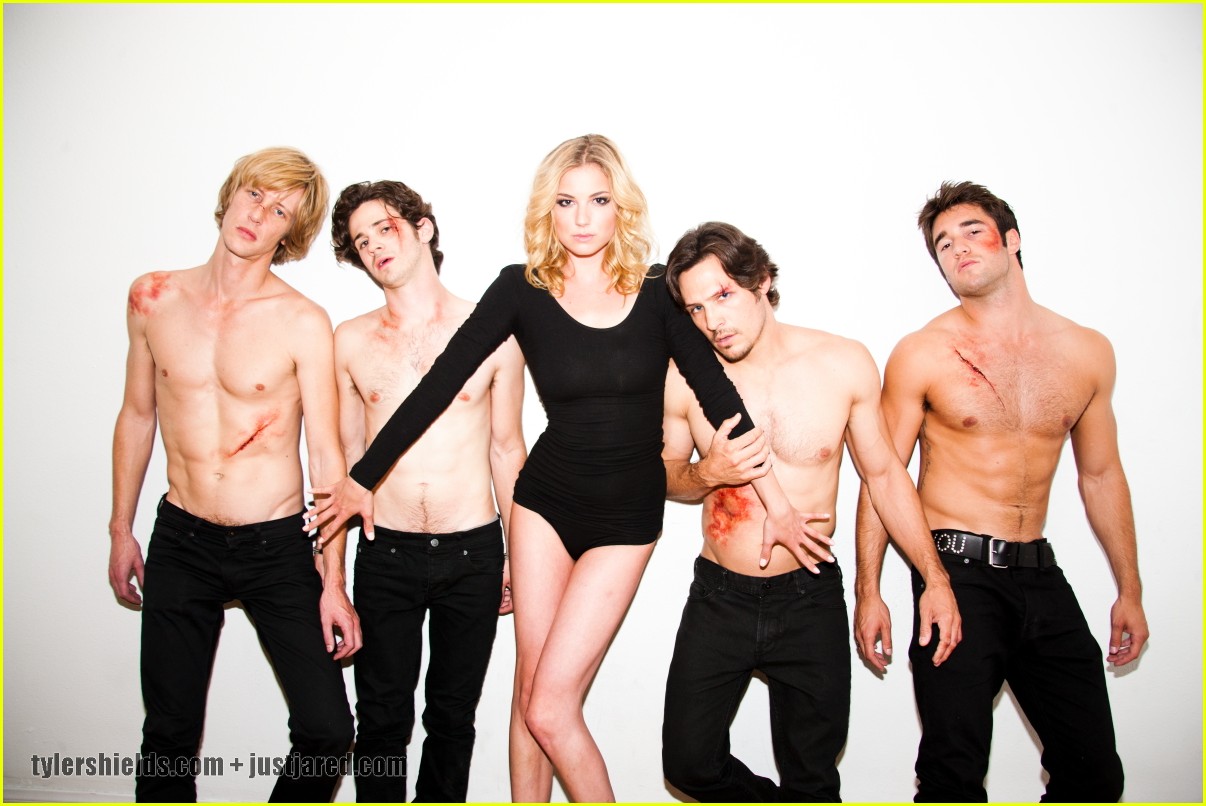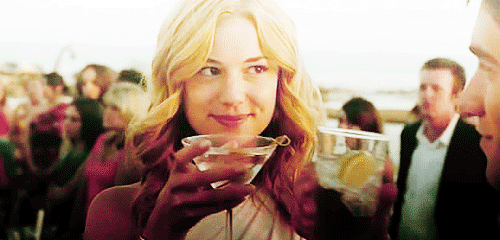We tried to delineate what characteristics an alpha male possesses, keeping in mind that the idea comes from the animal kingdom (or a fantasy of how the animal kingdom works). Is the alpha male aggressive? Is he always in control? is he charismatic? a good speaker? heterosexual or homosexual? bisexual? is he rich? does he get laid when he's not busy being alpha somewhere else?
We conformed with equating the alpha male with the dominant male and so, their traits are the same:
- Powerful
- Wealthy
- Influential
- Attractive
- Heterosexual
- Objectifies women
What does a woman alpha need to be? Can we extrapolate "alphaness", or is it sex-specific?
I read an article that suggests that high heels suggest status:
"Certain class advantages make it easier for upper middle class and wealthy women to don high heels. High heels can really only be worn routinely by women who don't work on their feet all day (I'll grant there are dedicated exceptions). Valet parking makes it a whole lot easier to wear shoes that hurt to walk in, so does not having to take the bus.* Having money, in itself, means that nothing stands between you and buying things that are impractical."
But heels didn't start being shoes for women. Heels started as riding shoes for men and then evolved into status wear, until the Enlightenment. Then, the discomfort of heels was left to women.
So nowadays, women show power by wearing 6 inch heels, instead of a sleek leather belt.
Two days ago, PBS ran a documentary called Makers: Women Who Make America. Not only is it super inspiring, these women explain one by one the hardships they had fighting, what we now see as, an incredibly backwards patriarchal system. NB: what if what we now see as fair and egalitarian is actually not? Seriously think about this. Because back in the 1920s people still believed women were rendered incapacitated during their period. As in once a month for a full week. As in out of 52 weeks, you spend 12 in bed because you're a useless individual.
Crystal thought for a second and said: what about Lara Croft? Or River Song? or Buffy the Vampire Slayer? or Anita Blake?
Honestly, from that list I only know Lara Croft and Buffy and I only played a Tomb Raider game over one summer (and I can't even name it) and I've seen a handful of episodes of Buffy. But I get what she meant. I also get that these characters are not exactly pushing for equality. Although they are somewhat, and in varying degrees, positive in depicting capable women that, you know, do their thing, they aren't something we should strive for or settle on. It's not a matter of making women fighters in media, it's about making them fighters without having to take their clothes off or without them always being white or well off or fulfilling some sort of sexual fantasy. And making them fighters without using violence, but that's just my personal taste.
So what do you think? Can we abstract "alphaness" or is it an archaic notion?
In case of absolute despair, look at this.












